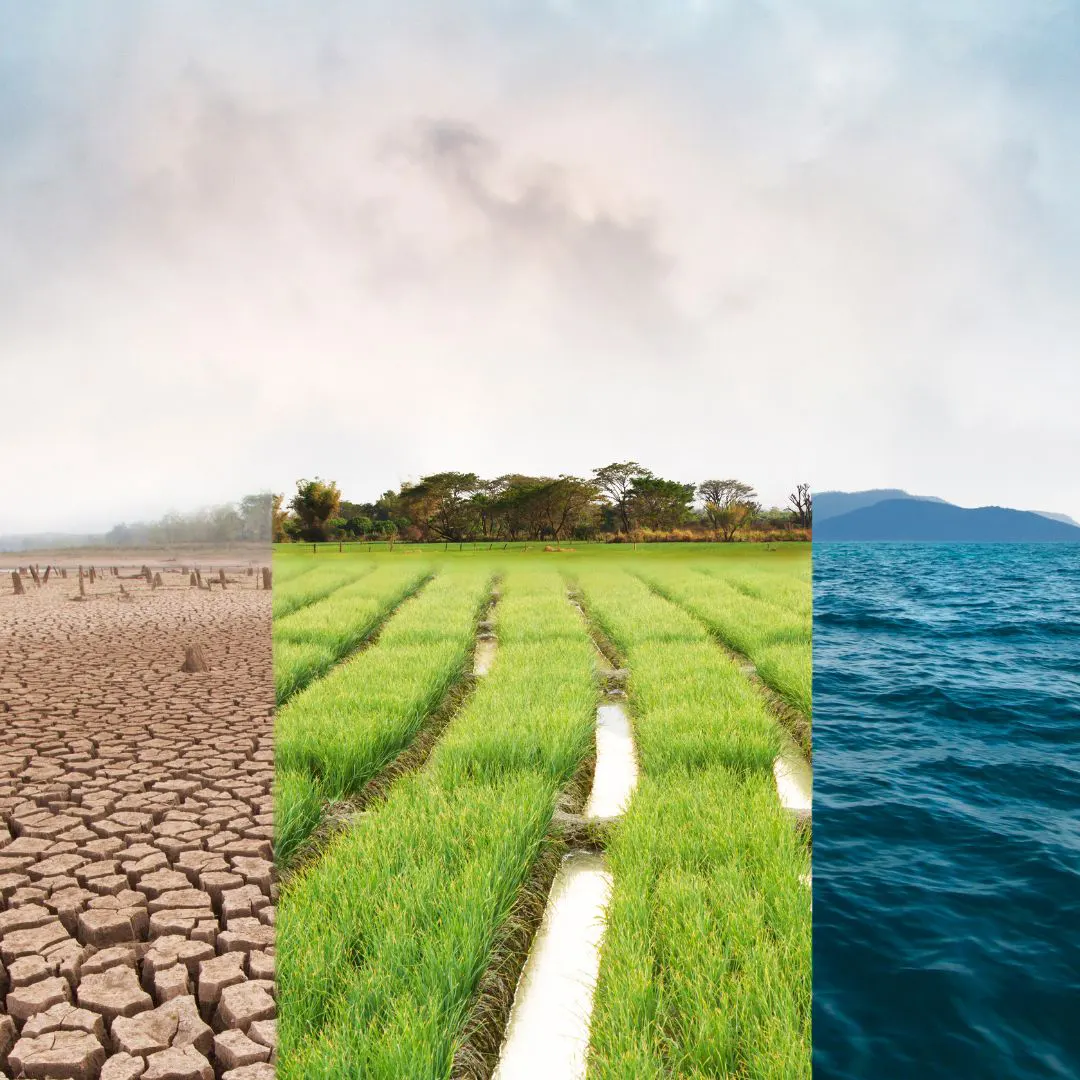
Demystifying Climate Risk
The escalating climate crisis is adversely affecting both health and economic stability, particularly in rural regions. These areas, despite contributing minimally to global emissions, face the brunt of climate change. The complexity of climate risks necessitates a multifaceted approach to adaptation, calling for robust strategies to bolster the resilience of these communities. While national policies are in place, local initiatives remain crucial. Home-grown practices, rooted in centuries of practising knowledge, offer valuable insights into sustainable living and resilience. Bridging the gap between macro-level analytics and ground realities is essential to tailor effective climate responses, ensuring that local experiences inform broader climate action and policymaking. Engaging with these communities led climate adaptation practices can provide a more inclusive pathway for climate resilience that is demand based and locally sustainable.







